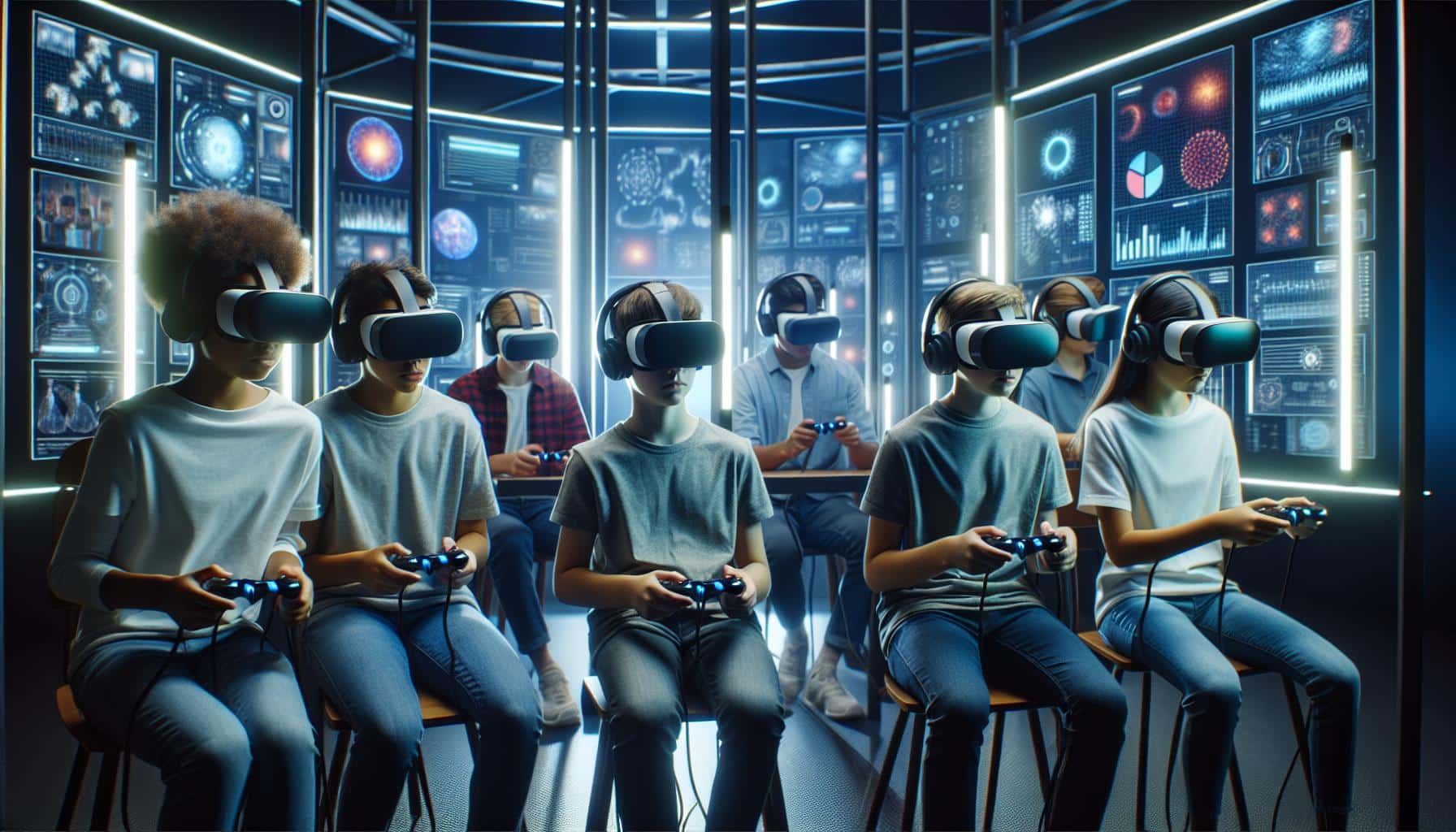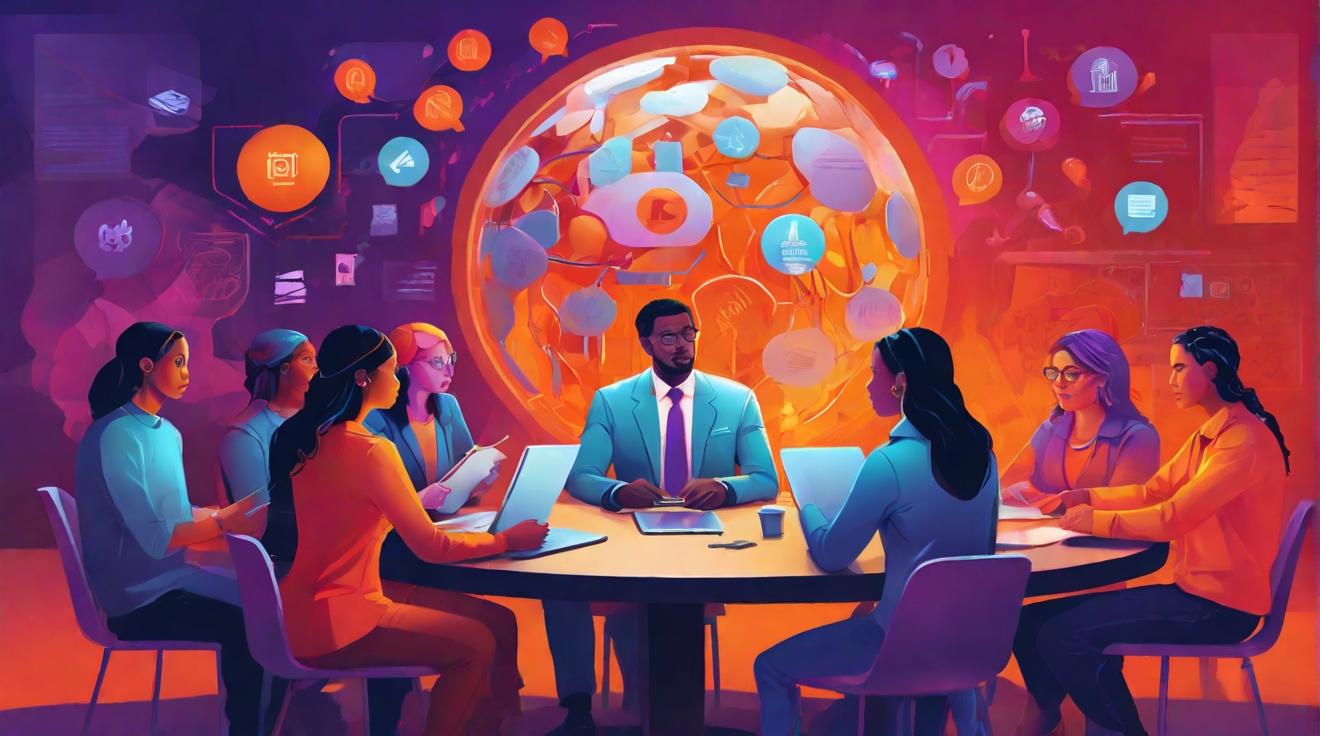Can Virtual Reality Improve Social Skills and Emotional Understanding in Teenagers with Developmental Language Disorders?
Scientists are exploring whether virtual reality (VR) can be used to help teenagers with developmental language disorders improve their social skills and emotional understanding. A recent study conducted in the Netherlands demonstrated high levels of participant engagement and appreciation for VR training, although the results varied among individuals.
Unique Challenges Faced by Adolescents with Developmental Language Disorders
Teenagers with developmental language disorders often struggle with socio-emotional problems, such as shyness, limited positive peer relationships, and an increased risk of social isolation and depression. Traditional methods for improving socio-emotional functioning, which rely heavily on language skills, have proven to be less effective for these adolescents.
Virtual Reality as a Potential Solution
In response to the limitations of traditional methods, researchers have turned to VR technology as a potential solution. VR offers an immersive and interactive experience, allowing for a more behaviorally focused approach that may bypass the linguistic barriers experienced by adolescents with developmental language disorders.
Study Design and Findings
The study involved nine adolescents with developmental language disorders who underwent a six-week VR training program. The training included activities such as discussing target skills, watching role-play videos, practicing skills verbally, and engaging in virtual environments to apply these skills. Participants reported high levels of enjoyment and anticipation for future sessions, as well as a sense of presence and engagement during the training.
However, the results were not consistent across all participants, with some showing clear improvement in certain socio-emotional skills while others displayed less convincing progress. It was found that some adolescents had initially overestimated their abilities, and as they experienced more difficulty during the training, they became aware of this overestimation.
Feasibility of VR Training in a School Setting
The study primarily aimed to assess the feasibility of VR training in a real-world educational setting for adolescents with developmental language disorders. While the results are promising, the small sample size and lack of a control group limit the generalizability of the findings. Future research in this area could involve larger participant groups, control conditions, and a mix of self-reported and observational measures to better assess the effectiveness of VR training.
Conclusion
While more research is needed to definitively prove the efficacy of VR training in improving socio-emotional skills, this study shows that VR is a feasible and well-received tool for adolescents with developmental language disorders. It offers a safe, controllable, and realistic context for practicing socio-emotional functioning. The researchers are currently conducting a larger-scale study to further assess the impact of VR training on the socio-emotional functioning of these adolescents.
Analyst comment
Positive news. VR has been found to have high levels of participant engagement and appreciation for training in teenagers with developmental language disorders. However, results vary among individuals. The market for VR technology in the healthcare and education sectors is expected to grow as more research is conducted to assess its effectiveness.













